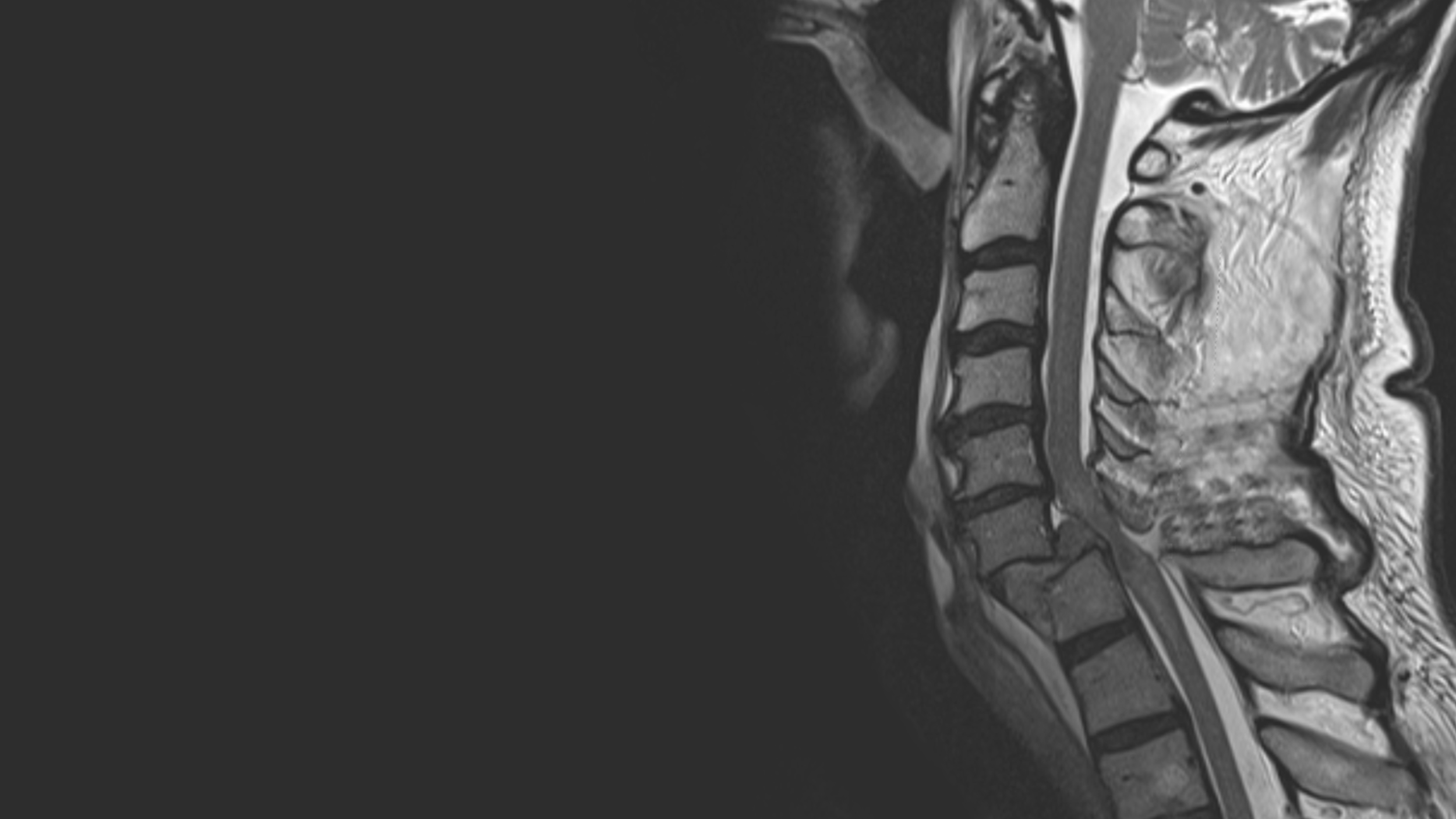
At the
INTERNATIONAL SPINAL CORD INJURY BIOBANK
we collect and store specimens and associated data from individuals who have endured a spinal cord injury.
We share these with the global research community to advance our understanding of the biology and pathophysiology of human spinal cord injury.
About us
We - like many others - have recognized that the scientific community working to understand the biology of spinal cord injury (SCI) generally lacks the opportunity to conduct research on human spinal cord injury biospecimens. We therefore established the International Spinal Cord Injury Biobank (ISCIB) for the collection and storage of human biospecimens & data, with the goal of sharing these valuable resources with the global SCI research community.
Who we are
We are a group of clinicians, researchers and scientists dedicated to discovering therapeutic cures for SCI. We catalyze scientific discoveries by providing human SCI specimens to researchers internationally. ISCIB is a member of ISBER and is certified through the CTRNet Biobank Certification Program. We are located in the Blusson Spinal Cord Centre, as part of the Kwon Lab for Spinal Cord Injury Research within the International Collaboration for Research Discoveries (ICORD).
A Brief History
With the support of the Rick Hansen Foundation and Praxis Spinal Cord Institute, Dr. Brian Kwon, University of British Columbia Professor of Orthopaedics, Spine Surgeon, and ICORD Associate Director, established ISCIB in 2019. His goal was to create a formal biobank to share valuable human SCI materials with other scientists and accelerate therapeutic progress in the field. Today, ISCIB holds thousands of samples from SCI patients, all of which are available to SCI researchers internationally.
Mission
Our mission is to advance the understanding of the biology of SCI through the study of human specimens. All ISCIB materials are made available to researchers globally, provided that the proposed research has undergone ethical review and is aimed to improve the overall understanding of SCI and the spine.
Vision
The vision of ISCIB is that it will serve as a resource to the global SCI research community. We hope that ISCIB would be accessed by investigators from around the world to address questions about the biology of human SCI that previously may have only been investigated in animal models.
Objective
The objective of ISCIB is to support research into the biological responses of human SCI. To do this, ISCIB will share biospecimens with requesting investigators who have established research protocols for biospecimen evaluation.
OUR EVER-GROWING INVENTORY
71,896
Fluid Aliquots Available
20
Spinal Cords
328
Participants Enrolled
15
Enrolment Sites
29
Projects Supported
Affiliations & Supporters
NEWS AND EVENTS
-

UBC Inaugural Data Management Day
ISCIB Program Manager Adam Velenosi presents on ISCIB and its data management strategy at the UBC Faculty of Medicine’s inaugural Data Management Day as an invited speaker.
Click here to watch. -

ISCIB publishes in Journal of Neurotrauma
ISCIB publishes its first introductory paper in the Journal of Neurotrauma. Click here to read “International Spinal Cord Injury Biobank: A Biorepository and Resource for Translational Research.“
-

ISCIB Featured in SCI BC's "The Spin" Magazine
ISCIB has been featured in SCI BC’s The Spin Magazine, Winter 2021 Issue (p.34).
Click here to read "A Different Kind of Bank". -

Wehner Lab Publishes in Nature Communications
Julia Kolb (Daniel Wehner Lab, Max Planck Institute for the Science of Light, Erlangen, Germany) and colleagues publish a new paper in Nature Communications with the use of ISCIB tissue specimens.
FOLLOW US ON SOCIAL MEDIA
-
RT @mripathology: MRI-histology correlation studies with custom 3D printing! Great diffusion MRI talk by Sarah Morris… https://t.co/kZwPz2QqUT
-
Please check out ISCIB's first introductory paper, published in @J_Neurotrauma this week! International Spinal Cor… https://t.co/40oAC0k6KM
-
RT @praxis_sci: Meet Adam Velenosi! In 2019, Adam saw an opportunity to work with Praxis & @SCI_Biobank where he manages procedures… https://t.co/XSSPYakMc9
-
RT @openspecimen: Read this paper that describes the translational research gap that International Spinal Cord Injury #Biobank is hel… https://t.co/iB8569dHuh
-
RT @praxis_sci: Some Praxis superstars are heading to New Orleans for @ASIA_spine's Annual Scientific Meeting in May! We’re especia… https://t.co/OtylqUxi1c









